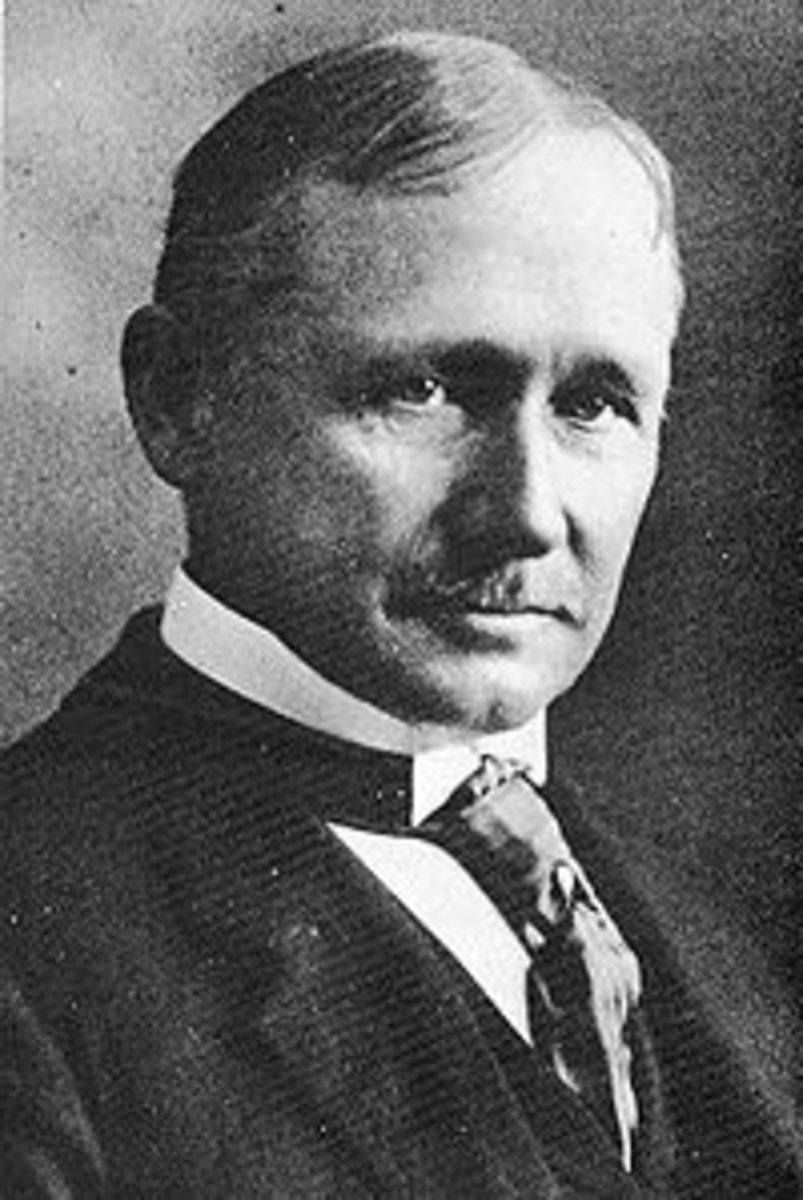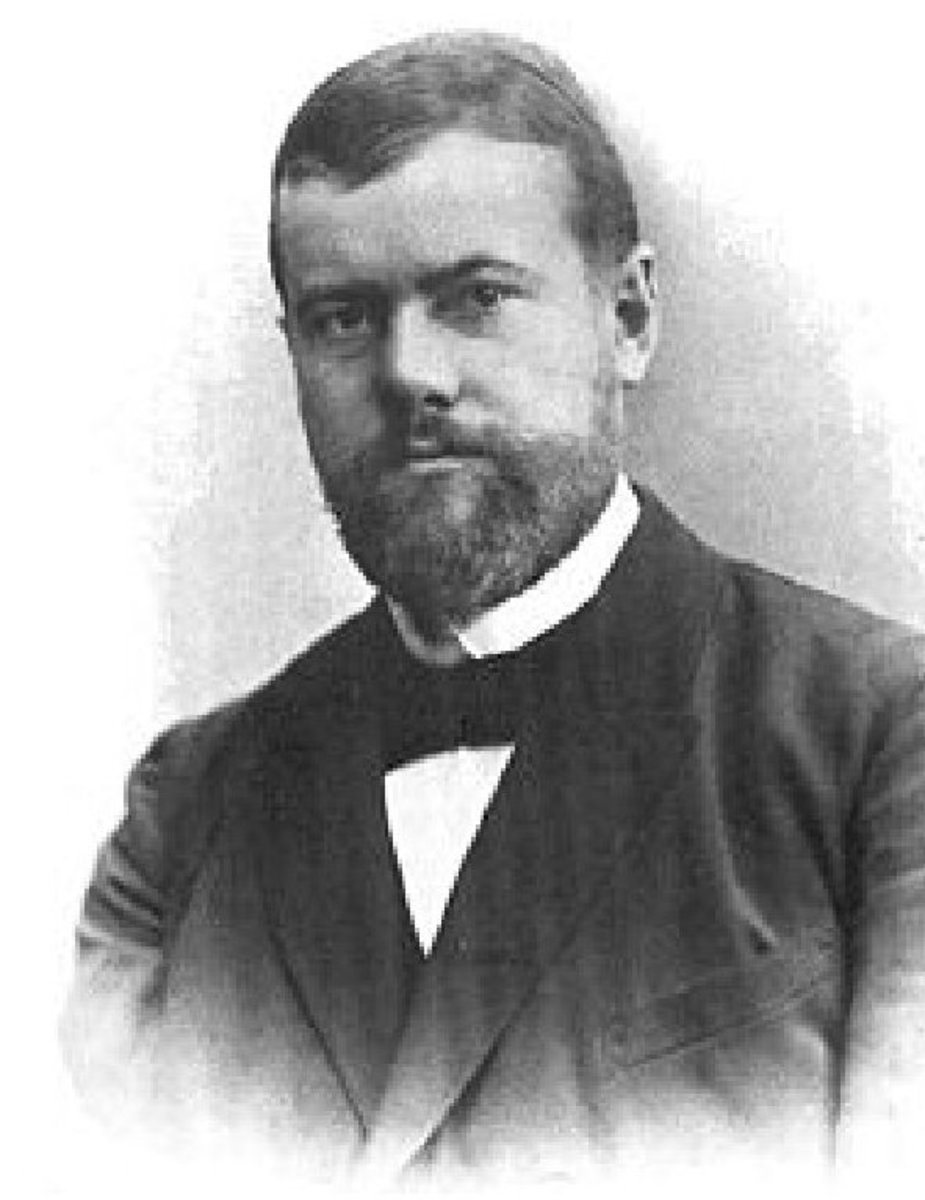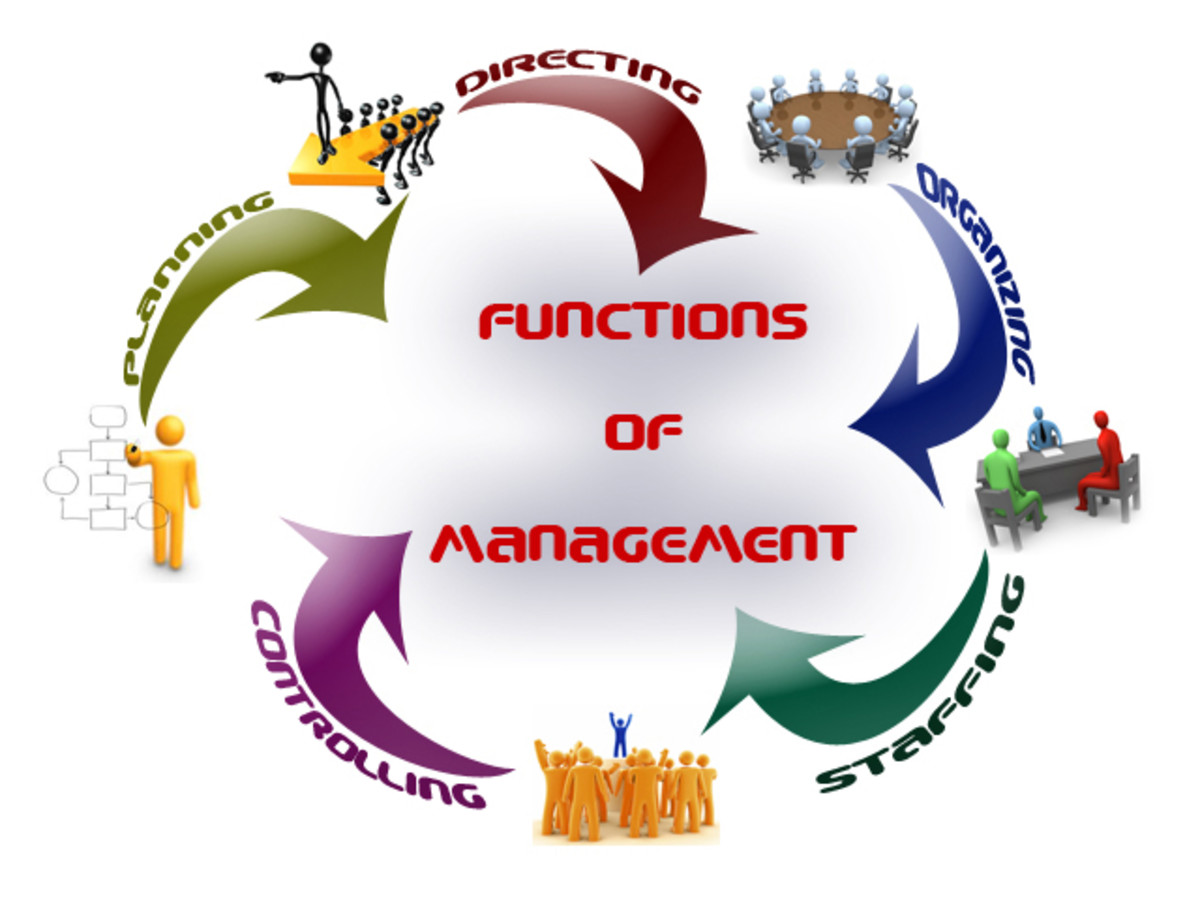Book Review: The 21 Laws of Leadership by John Maxwell- Part I

Leadership is so important in every aspect of life- be it the family, the community, the city, the state, or the country.
Leadership is vital in any organization and company as well.
Here is a review of the 21 Laws of Leadership by John Maxwell.
This is a classic study regarding the subject of leadership.
It has many wonderful and revealing insights on the issue of leadership.
1.The law of the lid
The law of lid states that a leader cannot take his followers above his experience and capabilities.
Your leadership ability will determine the level of your effectiveness and potential impact.
The ability of leadership is always the lid on the organization or company. In other words, an organization can never rise above its leadership.
Thus, leaders should always try to improve their leadership skills and abilities.
2. The law of influence
This law states that you can never be a leader if you don’t have influence. Leadership is all about influence.
If one calls himself a leader but he has no followers, then he is not a leader.
Many people believe that just because someone is in a position or holds a title, he is a leader. That's not the truth. If he does not have influence, he is not a leader.
Leadership cannot be determined by the ability to manage or by the leaders' knowledge.
It cannot be bestowed but has to be earned.
3.The law of process
According to this law, leadership is a process.
It is not developed in one day or a few days. It's an ongoing process for a lifetime.
It takes time and dedication to become a good leader.
A sportsman does not become a champion overnight.
He has to train for countless hours before he can become a champion.
It's the same with leadership. It takes a lifetime to develop leadership skills.
4. The law of navigation
This law states that followers want leaders who can navigate them through good times and bad times.
Just about anyone can steer the ship but it takes a leader to chart the course.
The leader should have farsightedness and be able to see the dangers ahead.
This ability to foresee the future is required in good times as well as bad times.
A good leader has the ability to safely navigate the organization through difficult times.

5. The law of E. F. Hutton
According to this law, whenever a real leader speaks, people listen.
E. F. Hutton is a financial services company in the States.
Several years ago, an advertisement running where someone mentions, “Whenever E. F. Sutton speaks, everyone listens”
It conveys the thought that true leaders command respect and attention.
They don’t have to demand respect, people just give it to them.
6. The law of solid ground
This states that leaders should be strong and help others during times of crisis.
Trust is the foundation of leadership.
Any leader who has gained the trust of his followers has become a leader in the truest sense of the word.
People will forgive honest mistakes but they can never trust a leader who has lost his trust.
Character is what builds trust and solidifies leadership.
A leader is someone who can be trusted.

7. The law of respect
Respect is another great quality of a good leader. People will not follow leaders that they don’t respect.
Followers like to be led by people who are better than themselves.
That means the leaders should be above the followers in character, experience, and capabilities.
In short, a leader should be worthy of respect.
He should be able to command respect and not demand it.
8. The law of intuition
Good leaders are intuitive. They can catch the vibes quickly.
Leaders are readers of situations, resources, and people.
They have a sixth sense that guides them accurately every time.
They have this intuition either inborn or they have acquired it through trial and error.
This sixth sense enables leaders to solve problems quickly.
9. The law of magnetism
According to this law, you attract people who are like you.
There is a saying related to this: Like attracts like.
If you are a positive person, you will attract a positive person and vice-versa.
Leaders choose followers based on this law.
10. The law of connection
Good leaders are very good at connecting with other people.
They will go out of their way to stay in touch with their followers.
They touch the heart first and then ask for support.
That is what the law of connection is all about.
11. The law of the Inner circle
According to this law, the leader's potential is manifested by the strength of his inner circle.
They determine his potential. In other words, an effective leader always surrounds himself with a strong inner circle. These are people of character and loyal to him.
A good leader does everything in his power to improve his inner circle. He does this because his success is dependent on their success.
12. The law of empowerment
This law of leadership states that good and effective leaders always empower their followers.
A good leader empowers his people by giving them self worth and respect.
He leads others by lifting them up. He gives them power by giving them credit for his success.
To empower others, a leader must believe in them and their potential.
In simple words, the law of empowerment means producing leaders who are more powerful than you.
This content is accurate and true to the best of the author’s knowledge and is not meant to substitute for formal and individualized advice from a qualified professional.
© 2020 Nitin Khaire








